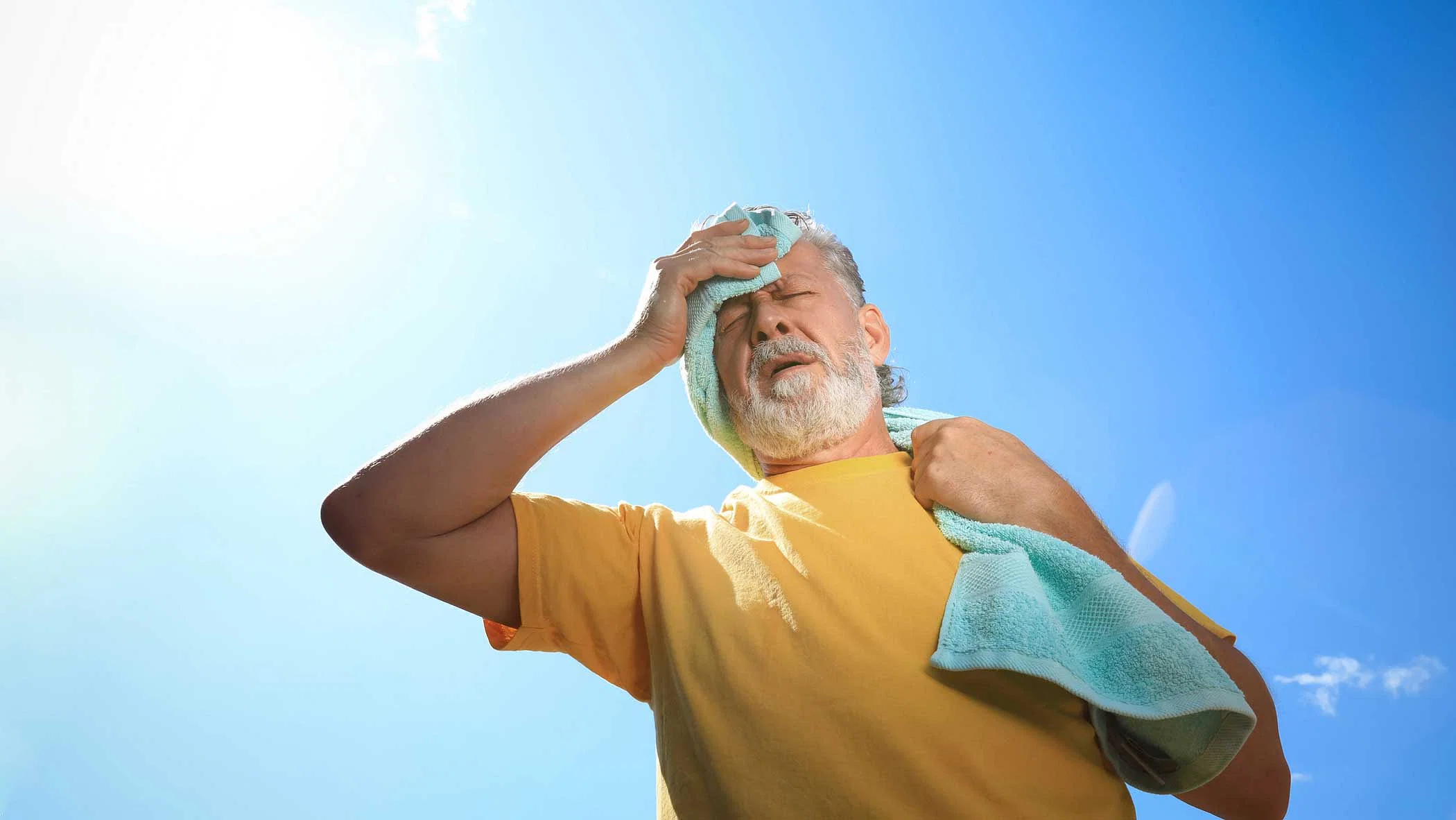Extreme heat poses significant risks to human health, affecting nearly every organ system. According to Craig Crandall, a professor at UT Southwestern, temperatures exceeding 90 degrees Fahrenheit coupled with high humidity can disrupt the body’s ability to cool itself through sweat evaporation, leading to dehydration.
This condition strains the heart as blood rushes to the skin to release heat, potentially worsening cardiovascular issues. Kidney function may also suffer, endangering those with renal diseases, while respiratory problems like asthma can worsen in hot, humid conditions.
Additionally, heat-related exertion can cause muscle strains, cramps, and even rhabdomyolysis, a severe condition that harms the kidneys and heart.
The dangers of extreme heat were starkly evident last summer, the hottest on record, with nearly 120,000 emergency room visits and over 2,300 heat-related deaths reported across the United States.

Heat exhaustion and heat stroke are primary concerns during such periods. Dr. Kurt Kleinschmidt emphasized that heat exhaustion if promptly treated, may not cause lasting harm, but heat stroke poses a critical threat, potentially leading to organ failure as body temperature rises sharply.
Symptoms of heat exhaustion include headache, dizziness, nausea, and heavy sweating, progressing to confusion and seizures if left untreated. Recognizing these signs is crucial in preventing heat stroke, which demands immediate medical attention to prevent life-threatening complications.
To mitigate risks, experts recommend staying hydrated, wearing light clothing, staying indoors during peak heat hours, and monitoring older relatives closely.
Understanding the risks associated with extreme heat and acting swiftly to address symptoms can save lives. Public awareness and proactive measures such as hydration and heat avoidance are essential in safeguarding against heat-related illnesses, particularly during increasingly frequent periods of extreme heat.
